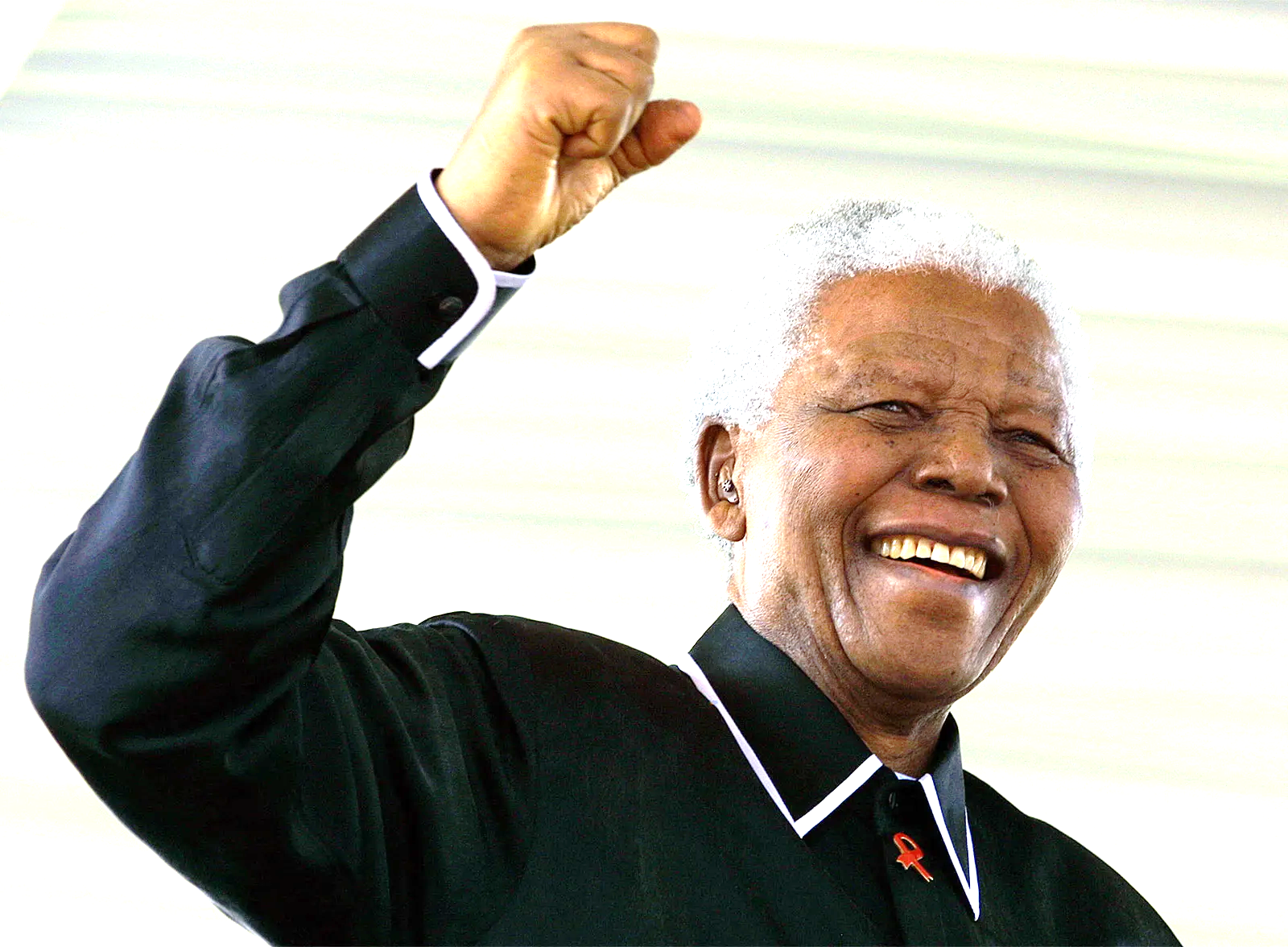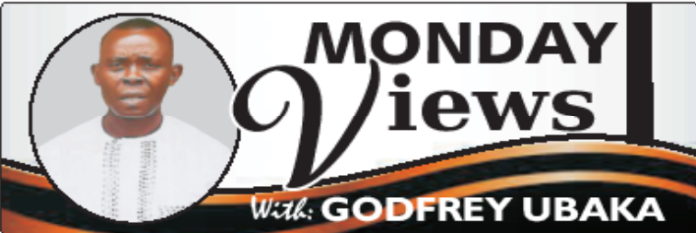Last Thursday, July 18, 2024 was another Nelson Mandela Day as set apart by the United Nations to honour the memories and legacies of Mandela and to show to the world the difference one man’s choices, decisions and resolve can make in the urgent need to make our world a freer and better place.

In the words of the United Nations’ Secretary-General, Antonio Guterres ‘’Nelson Mandela showed us the extraordinary difference one person can make in building a better world”. It is often said that a tree cannot make a forest but the life and struggles of Mandela left us with the proven and manifest truth that the process of the formation of a forest, of a necessity, starts from a virile and fruitful tree.
The account of Mandela’s life made him a legend of all times. A tireless fighter for racial equality, he put the future of South Africa above his personal freedom. Was imprisoned for 27 years and once released he was elected president of his country and instead of focusing on settling scores, vendetta and going retribution he went about healing and uniting the country.
In his closing remarks at the Supreme Court, April 20, 1964 trial at Pretoria, he maintained thus “During my lifetime, I have dedicated myself to this struggle of the African people. I have fought against white domination and I have fought against black domination. I have cherished the ideal of a democratic and free society in which all persons live together in harmony and with equal opportunities. It is an ideal which I hope to live for and achieve. But if needs be, it is an ideal for which I am prepared to die”.
His vision and conviction were therefore clearly defined, if not iron cast, unambiguous, with no room for compromises. He therefore stood for the historic struggle of his time as it concerned Africans and the world counted it for him as legendary. In that light, he became the first and only person so honoured by the United Nations with a day to celebrate his ideals and immortalize his legacies.
Today, the world is confronted not so much again by the scourge of Apartheid but by a lethal plague of wide spread hunger, starvation and economic inequality. The United Nations demonstrated a due and cognate understanding of this in the choice of the theme of this year’s Nelson Mandela International Day, “Combating poverty and inequality is in our hands”. The UN message for the day acknowledged that our world today is unequal and dangerously divided with hunger and poverty being rife.
In illustrating the sharp and scourgy inequality of our world today, the United Nation’s Secretary General, Antonio Guterres states that the richest one percent are responsible for the same quantity of planet- wrecking greenhouse gases as two thirds of humanity pointing out that these are not designed to be so by nature but are results of humanity’s choices and that you and I today can decide to do things differently.
The position of the United Nations is that each one of us can contribute through actions, large or small to create a better world through reducing, if not out rightly ending the debilitating effects of the scourge of poverty and widening inequality. It is by so doing we can honour the ideals Mandela lived for and ultimately create a better world. Nigeria, sadly remains the poverty capital of the world in spite of the immense human, natural and material resources that abound in the land.
This largely is the product of inept leadership.Nelson Mandela in practically lucid terms taught the world the ideals of true leadership driven by the vision of an unfettered Africa where your content and character will be used in assessing you, rather than your colour, tribe or circumstances of birth. He gave his life to the struggle against inequality and racial discrimination.
Today, eleven years after the demise of Mandela, Africa is dangerously locked in the throes of acute poverty, growing inequality, gripping hunger and starvation arising essentially from entrenched poor and visionless leadership, characterised by weak policies and inequitable distribution of State resources. The struggle today is therefore less of racial discrimination but that of poor leadership, manifesting in anti-people policies that breed poverty and protracted economic injustice. We must all resolve to take action today against growing inequality and economic injustice.
It will be dangerous for us to keep pretending that all is well with the economic system being operated across Africa which leaves the control of the commonwealth in the hands of a powerful one percent while the dispossessed majority is forced into one form of economic scavenging or the other.
Mandela left the world with another enduring lesson of sacrificial service above self. Released from incarceration, February 11, 1990, elected president in the first full and fair elections which ANC won with 65 percent of votes cast, he served as president of South Africa for only one tenure. Upon his swearing in as president, he handed to the world the following enduring words on marble “The time for the healing of the wounds has come. The moment to bridge the chasms that divide us has come. The time to build is upon us”
The racial tension may have assuaged but the economic wounds are getting deeper and wider as a result of worsening social economic inequality arising from political inequity and puerile public policies from kleptomaniac governments across the continent.
Today, we are all witnesses to how hunger, starvation and deprivation is brewing and escalating social tension, and in some cases criminality and insurgency. You just can imagine how long it is taking the Federal Government to resolve how much the Nigerian worker is to be paid monthly. What is playing out is leadership insensitivity. The life and struggle of Mandela taught us that group actions and responses are important in the crusade for change but it all has to start decisively from individual decision and historic resolve to change the unhealthy and retrogressive narrative and make our world a better place.
The path of courage, nobility, consistency and commitment to vision is often not an easy one to thread. It indeed could be long, lonely and thorny but that indeed is the road to worthy and transformational legacies. The freedom Africa needs lies in a free and unfettered democratic process. This is about a healthy and competitive democratic process devoid of opaqueness in voting statistics but giving room for viable opposition in a political space where every candidate has the right to vote and be voted for.
The sit- tight leaders across the continent also should realise that they are central to the continent’s unenviable lack of development status. We all do have some lessons to learn from Mandela who for a four-year single tenure was an elected president of South Africa, after which he handed over instead of going for a second term or the third and fourth as is common across the continent.
Upon leaving office on June 14, 1999 and handing over power to Thabo Mbeki, Mandela’s political image loomed larger than that of a colossus impacting the entire globe as an icon and leadership legend whose whole life resonates some ever enduring lessons on how one man’s resolve can result in a historic change for humanity. We, sure, do need this same spirit and resolve to change our world today. It is better we give it our all as resignation is tantamount to mass suicide. That envisioned change for a better world is possible but it has to start with our individual resolve.


